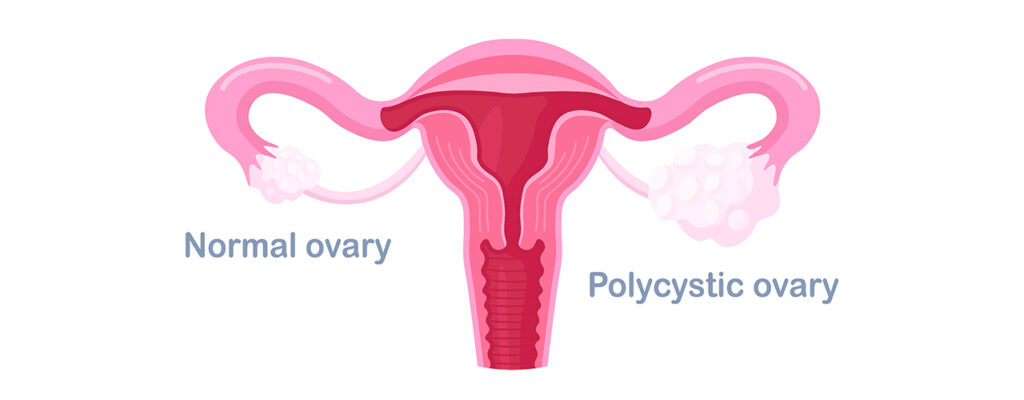September is a month of nickname for polycystic euphoria syndrome, a genetic hormonal, change and reproductive disorder that affects 10-15% of young women.
Polycystic euphoria syndrome is a common disorder that mainly affects young women and causes cycle disorders.
Symptoms may begin shortly after adolescence, but they may also develop in the last years of adolescence and early adult life.
It is estimated that it affects 7% to 10% of women of reproductive age and symptoms include sparse or amenorrhea with hyperandrogenemia (increased androgen) manifested with hypertrosis and acne as well as metabolism disorders with obesity.
It is particularly important for a woman with polycystic ovaries to consult a specialist gynaecologist so that she can regulate her cycle. So she will have less stress, she will know her body and her abilities, abilities and restrictions. With less stress, her daily life will be more balanced and her psychology better. And this, because the hormones will be regulated, without major alternations.

